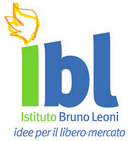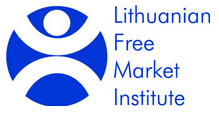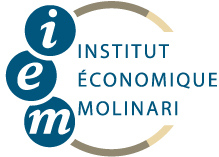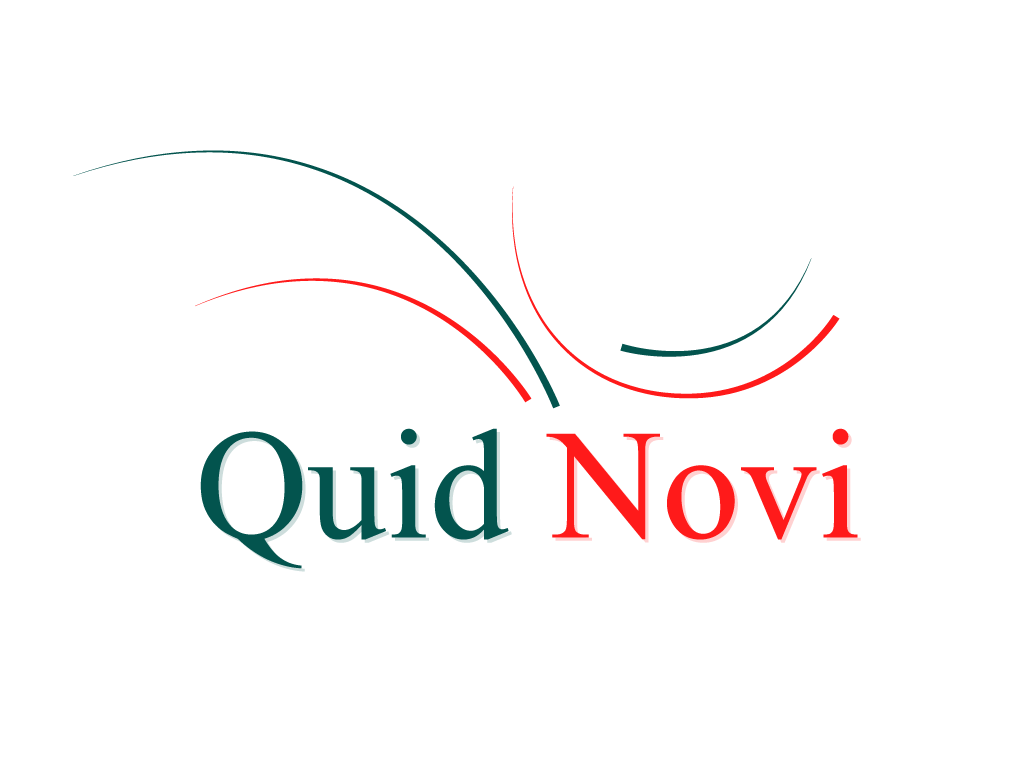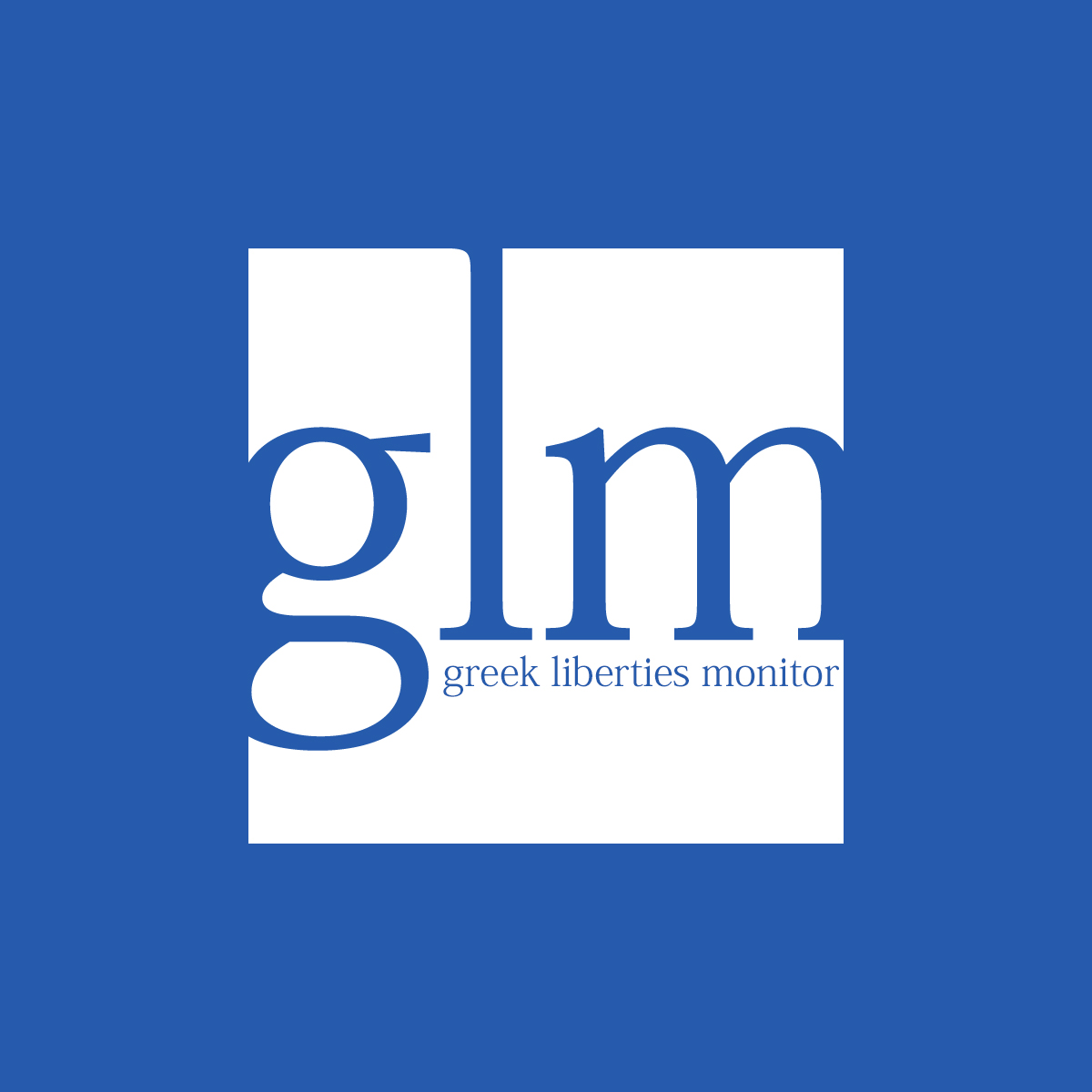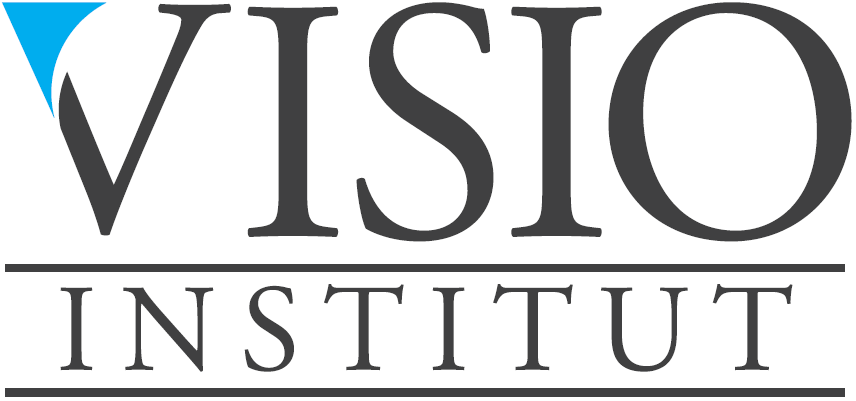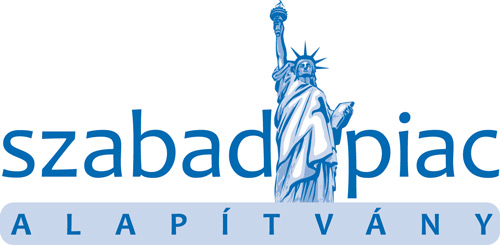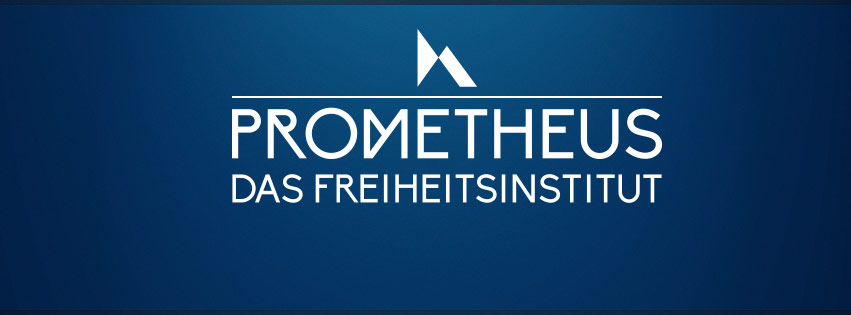About
The Nanny State Index (NSI) is a league table of the worst places in the European Union to eat, drink, smoke and vape. The initiative was launched in March 2016 and was a media hit right across Europe. It is masterminded and led by IEA’s Christopher Snowdon with partners from all over Europe. The 2017 edition of the index was revealed during a full day conference in Brussels and featured high level discussions and debates between MEPs, industry experts, think tankers and regulators about the effects of regulation on health outcomes.
Enquiries: info@epicenternetwork.eu
Download the pdf here.
Categories
About the Editor
Christopher Snowdon is the head of Lifestyle Economics at the Institute of Economic Affairs. His research focuses on lifestyle freedoms, prohibition and policy-based evidence. He is a regular contributor to the Spectator Health blog and often appears on TV and radio discussing social and economic issues.
Snowdon’s work encompasses a diverse range of topics including ‘sin taxes’, state funding of charities, happiness economics, ‘public health’ regulation, gambling and the black market. Recent publications include ‘Drinking, Fast and Slow’, ‘The Proof of the Pudding: Denmark’s Fat Tax Fiasco’, ‘The Crack Cocaine of Gambling?’, ‘The Wages of Sin Taxes’, ‘Drinking in the Shadow Economy’, ‘Sock Puppets: How the government lobbies itself and why’ and ‘Closing Time: Who’s killing the British pub?’. He is also the author of ‘Selfishness, Greed and Capitalism’ (2015), ‘The Art of Suppression’ (2011), ‘The Spirit Level Delusion’ (2010) and ‘Velvet Glove, Iron Fist’ (2009).
Poland 2017

Like several countries in Eastern Europe, Poland takes a tough line on wine and spirits advertising, with a total ban on television, radio and outdoors. Beer can only be advertised after 8pm. New regulations of alcohol sales are being discussed in Poland, but changes have not been introduced yet.
Poland has a near-total ban on tobacco advertising and a full ban on cigarette vending machines, but no display ban. It has a severe, but not total, ban on smoking in bars, restaurants and workplaces. There is also a ban on alcohol consumption in streets, squares and parks, as well as some restrictions on where alcohol can be sold set at the local level (eg. around churches and schools).
In September 2015 new restrictions on what can be sold in school shops and served in school canteens were introduced, leading to the closure of some outlets. It also led to many absurdities such as preventing schools from selling water in large bottles. Thanks to the new limits on salt and sugar in canteens, children sometimes do not want to eat their meals (or bring their own salt and sugar from home). There were even cases of students bringing illegal sweets and snacks to school and selling them to other students in a small black market.
At the beginning of September 2016, these rules were liberalised somewhat. Legislators still strictly define the amount of salt and sugar in food available for students as well as dictate what can be sold in school shops, but now allow certain products, such as buns and sweetened coffee. New limits on salt and sugar are slightly less restrictive.
Until recently, e-cigarettes could be used anywhere and were legal to buy and advertise, but in September 2016, Poland banned e-cigarette advertising, cross-border sales and prohibited vaping indoors wherever smoking is banned, including bus stops. Importers and producers who want to introduce new products (e-cigarettes or liquids) are obliged to report it to the Inspector of Chemical Substances (for a fee).
The government intends to introduce an excise tax on e-cigarettes in the future. According to Miroslaw Dworniczak, a scientist at Adam Mickiewicz University, the current Health Minister, Dr. Konstanty Radziwiłł, ‘is well known for his hatred of e-cigarettes and used to say frequently that e-cigarettes are as bad as conventional ones – possibly even worse.’
With thanks to the Civil Development Forum (FOR)
 Austria
Austria Belgium
Belgium Bulgaria
Bulgaria Croatia
Croatia Cyprus
Cyprus Czech Republic
Czech Republic Denmark
Denmark Estonia
Estonia Finland
Finland France
France Germany
Germany Greece
Greece Hungary
Hungary Ireland
Ireland Italy
Italy Latvia
Latvia Lithuania
Lithuania Luxembourg
Luxembourg Malta
Malta Netherlands
Netherlands Norway
Norway Poland
Poland Portugal
Portugal Romania
Romania Slovakia
Slovakia Slovenia
Slovenia Spain
Spain Sweden
Sweden Turkey
Turkey United Kingdom
United Kingdom
